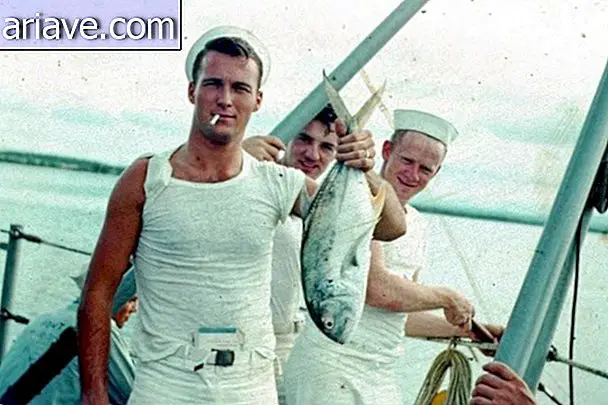US scientists take Nobel for discovery of biological clock
It took a while, but US scientists Jeffrey C. Hall, Michael Rosbash and Michael W. Young were finally awarded a Nobel Prize in Medicine for their discoveries about circadian rhythm. Also called the "biological clock, " the subject of a fly study was developed in the 1980s.
Research carried out with flies in the 1980s found a protein that accumulated during the day and degraded throughout the day.
“How do plants, animals and humans adapt their rhythm in sync with the rotation of the earth?” This was a question the trio asked at the beginning of that decade and only in 1984 could it prove that all organisms operate on a 24-hour circuit, responsible for regulating functions such as blood pressure, body temperature, heart rate, hormone levels, metabolism, sleep and even behavior.
The concluding report came out of a fly experiment. By isolating a gene, later called Period Gene, which was periodically related, they found a protein that accumulated at night and gradually degraded throughout the day when the insects were awake.

After that, we learned more about how sleep and wake-up mechanisms work, as well as the effects of jet lag while traveling, and research on the topic helped to find more remedies and answers to obesity, depression, predisposition to certain types of illness. and other advances.
Competitors
This season's nominees included two more recent projects. One was Crispr, a gene-editing system that has been harnessed to produce climate-resistant crops, more abundant biofuels, and cutting-edge therapies.
The other was pioneering work in the promising field of immuno-oncology, in which the body's immune network is activated to fight cancer without the need for chemotherapy or toxic radiation.

In the end, it was the trio who took it with their classic discovery. Upon receiving the news from the head of the Nobel Media science office, responsible for communicating the winners, Michael Rosbash summed up the secret of the study's success: “Two things. We were very close in person, very close, even before we had studied together. And second, we had complementary skill sets. ”











